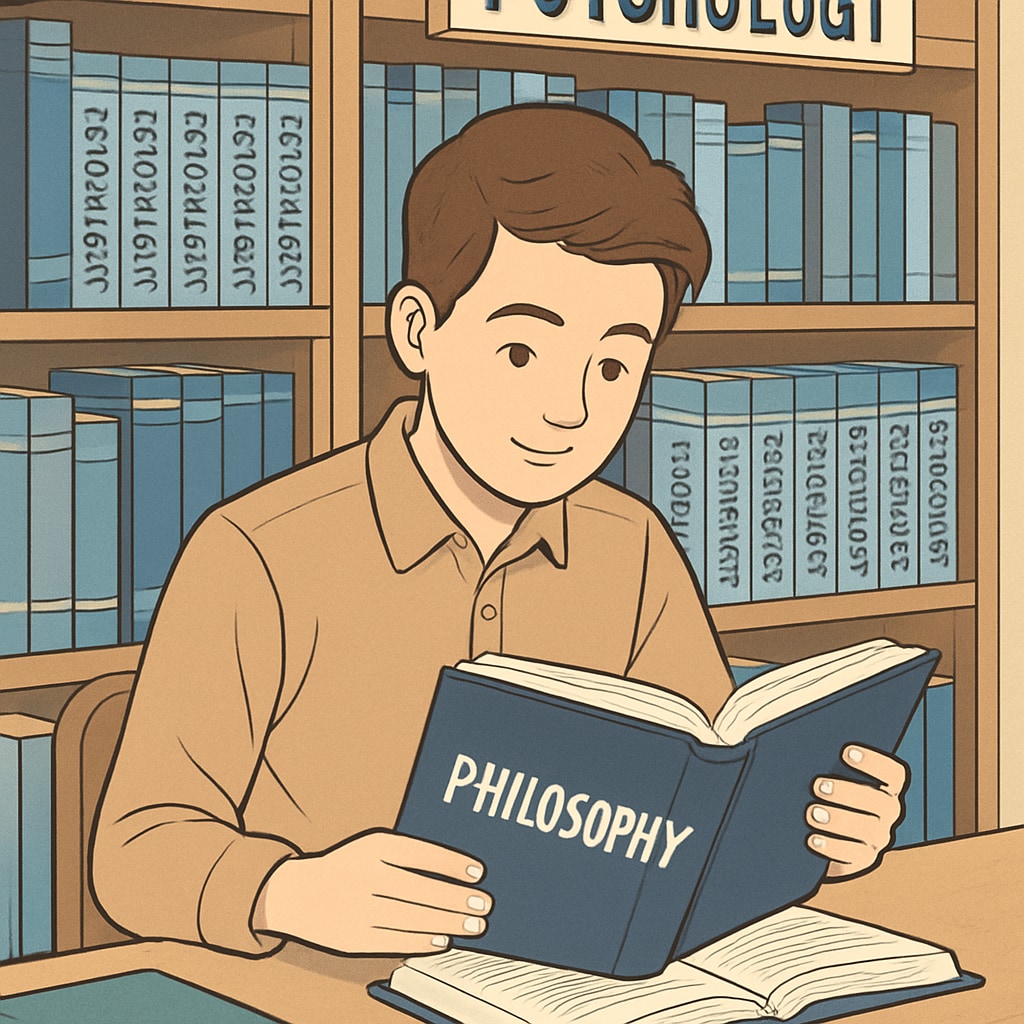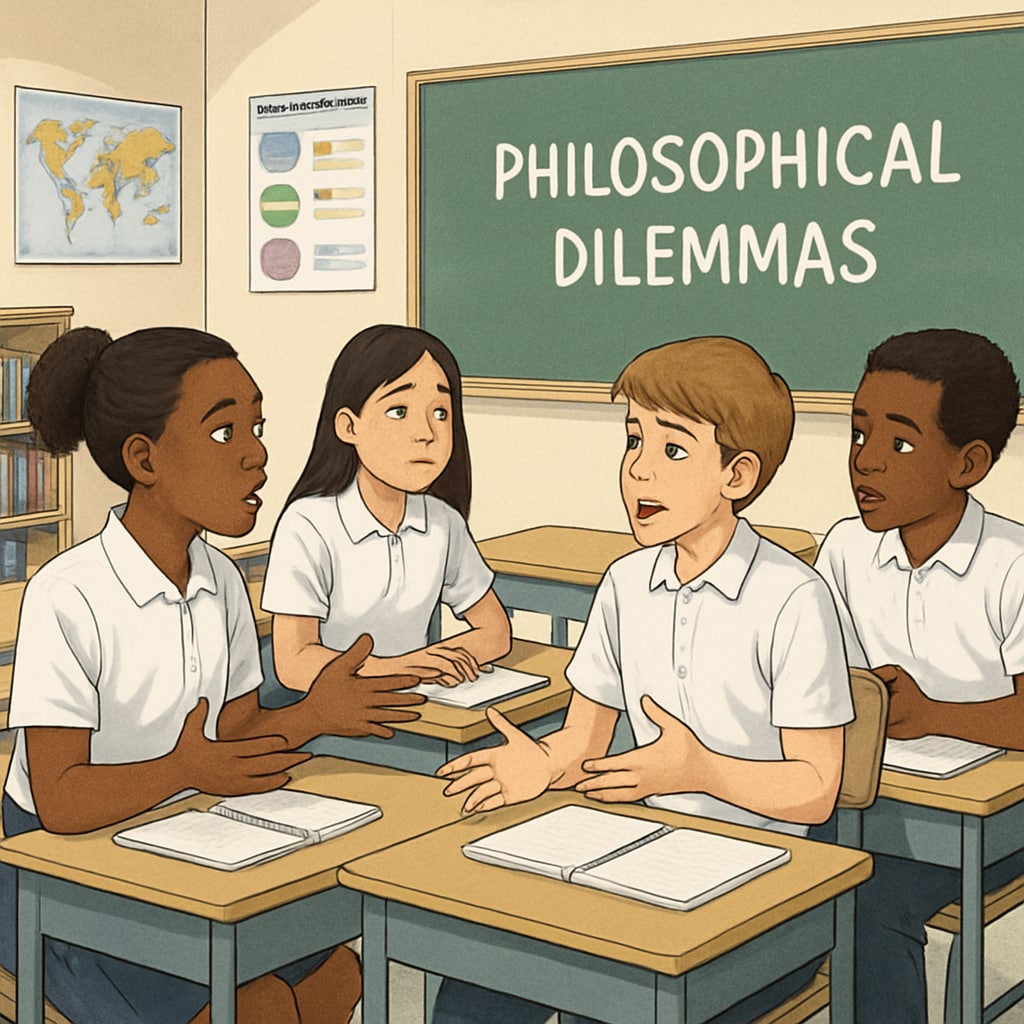Psychology and philosophy are profound fields that explore the human mind and the nature of existence. For K12 students, cultivating an interest in these subjects through self-learning resources can be a transformative experience. This article provides practical advice for young learners to delve into these disciplines and develop a lifelong appreciation for the humanities.
Why Explore Psychology and Philosophy During K12?
During the K12 years, students are at a pivotal stage of intellectual and emotional growth. Introducing psychology and philosophy at this age helps them develop critical thinking skills, emotional intelligence, and a deeper understanding of the world around them. For instance, studying psychology can illuminate how the brain processes emotions, while philosophy encourages exploration of life’s big questions, such as morality and existence.
In addition, self-learning fosters independence and curiosity. Unlike traditional classroom settings, self-directed exploration allows students to focus on concepts that resonate most with their personal experiences and aspirations.

Approachable Resources for Beginners
Psychology and philosophy may seem daunting at first, but there are many beginner-friendly resources tailored to young learners. Here are some suggestions:
- Books: Start with accessible texts like “The Little Book of Psychology” by Emily Ralls and Caroline Riggs or “Sophie’s World” by Jostein Gaarder for philosophy.
- Podcasts: Check out podcasts like The Psychology Podcast or Philosophize This! for engaging, bite-sized episodes.
- Online Platforms: Explore free courses on platforms like Coursera or edX. Many universities also offer open-access materials.
- Interactive Tools: Websites like Simply Psychology provide clear explanations and case studies, while philosophy games like “The Socratic Smackdown” make learning fun.
These resources help students build foundational knowledge while sparking curiosity about more advanced topics.
Strategies for Effective Self-Learning
Self-learning requires discipline and structure. To make the most of your exploration, follow these strategies:
- Set Clear Goals: Decide whether you’re more interested in understanding psychological theories, exploring ethical dilemmas, or both. This focus will help you choose relevant materials.
- Maintain a Journal: Use a journal to record reflections, questions, and key takeaways from your readings and studies.
- Engage in Discussions: Join online forums or local clubs to discuss ideas with peers. Platforms like Reddit Philosophy or Reddit Psychology offer vibrant communities.
- Apply Concepts: Relate what you learn to real-life situations. For example, apply psychological principles to improve study habits or use philosophical reasoning to analyze a moral dilemma.

Overcoming Challenges in Self-Learning
While self-learning is rewarding, it comes with challenges. One common obstacle is the overwhelming amount of information available. To address this, prioritize high-quality, beginner-friendly resources. Additionally, avoid burnout by setting aside specific times for study and incorporating breaks. Finally, remember that it’s okay to ask for guidance—teachers, mentors, or even online communities can provide valuable support.
As a result, students who persist through these challenges often gain not only knowledge but also a sense of accomplishment and confidence in their ability to learn independently.
The Lifelong Benefits of Early Exploration
Studying psychology and philosophy during the K12 years lays the groundwork for lifelong learning. These disciplines encourage students to think critically, empathize with others, and approach problems from multiple perspectives. Beyond academic enrichment, this exploration can shape personal growth, preparing students to navigate the complexities of adulthood with insight and resilience.
In conclusion, psychology and philosophy offer invaluable tools for understanding ourselves and the world. By leveraging self-learning resources and strategies, K12 students can embark on a journey of intellectual discovery that will enrich their lives for years to come.
Readability guidance: This article uses short paragraphs, clear transitions, and accessible language. Lists and examples enhance comprehension, while strategies for overcoming challenges ensure practical application.


